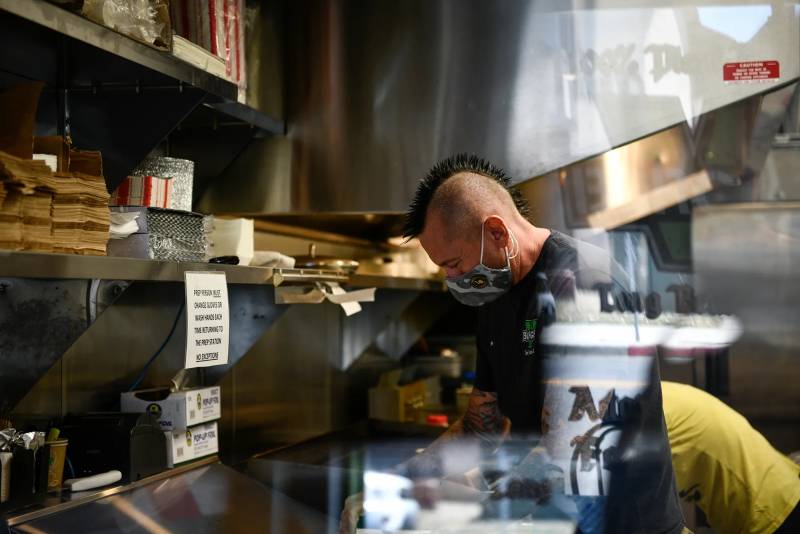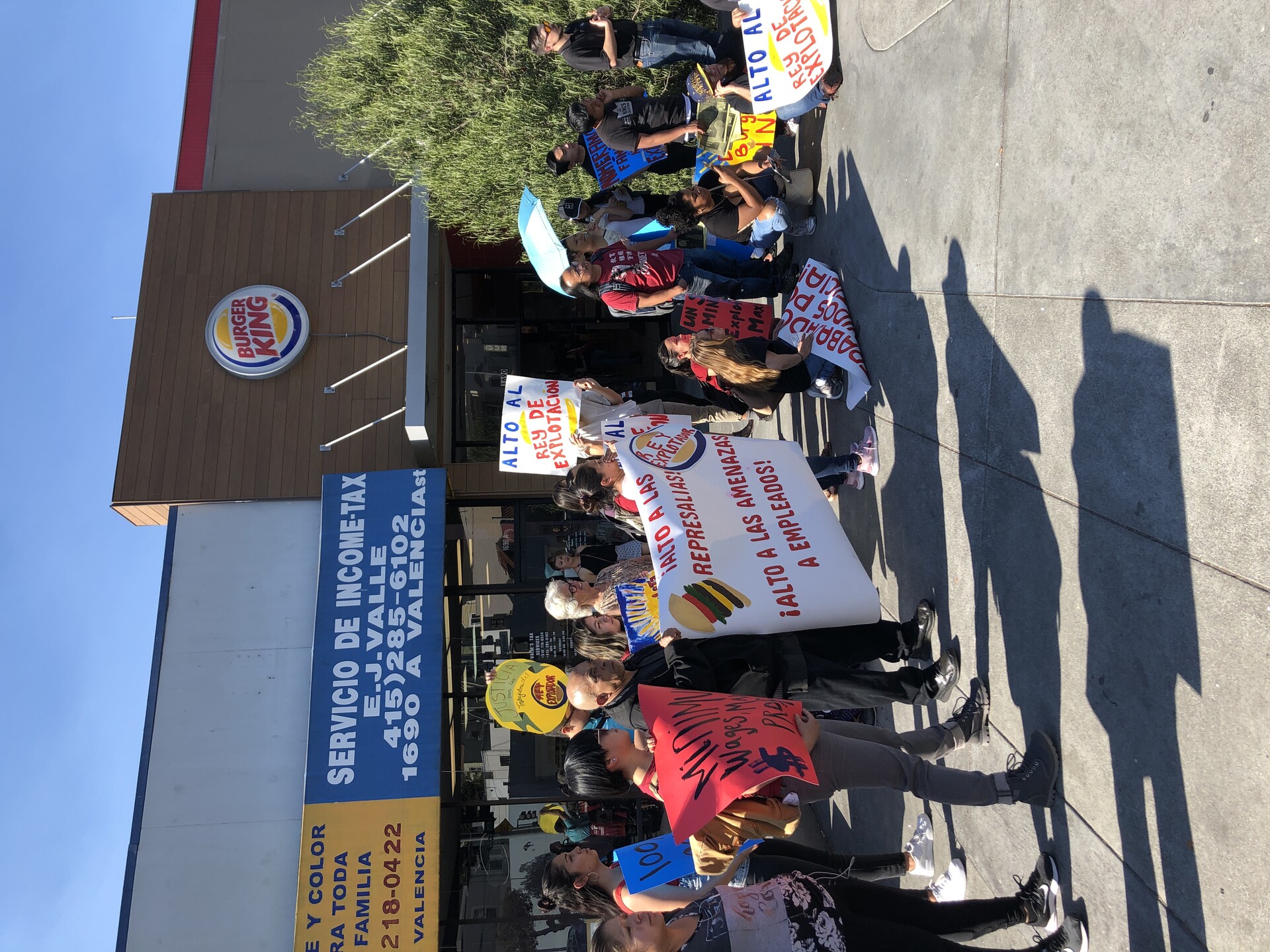The Labor Commissioner’s Office has struggled for years to address wage claims in a timely manner. Wage theft — the failure of employers to pay the minimum wage, pay overtime premiums, or provide meal and rest breaks — primarily affects low-wage workers, who are often immigrants or people of color, studies show.
Each worker’s claims by law are supposed to be heard in 120 days and decided 15 days after that. But CalMatters, in its series, uncovered that between 2017 and 2021, the state averaged 505 days.
After that, back pay can take years to recover, and many who win their claims are never paid. The backlog was exacerbated last year, when new wage theft claims hit a record 38,000 and wait times climbed past 800 days (PDF).
“What is it going to take to get to 120 days? Is it additional measures to compel employers to participate, and if that’s the case, in which ways?” asked Assemblymember David Alvarez, a Democrat from Chula Vista who chairs the legislative audit committee.
“I am willing to give an opportunity for those questions to be answered,” he said. “But I’d like to see detailed answers, not just, ‘We’re going to do better when we hire more people.’”
Alvarez held out the possibility that the committee could rescind their audit request before September if budget hearings satisfactorily address the issues the audit would target. The Labor Commissioner’s Office is seeking $12 million in the next fiscal year to hire 43 additional employees with the goal of reducing the time to hear a claim to 200 days.
The audit came at the request of state Sen. Steve Glazer, a Walnut Creek Democrat, who agreed to the compromise to delay the audit until Sept. 1. The audit request put Glazer, a moderate Democrat, at odds with labor groups and workers’ advocates.
The California Labor Federation and several unions and worker centers wrote earlier in March that an audit would divert time and attention from an already understaffed agency.


